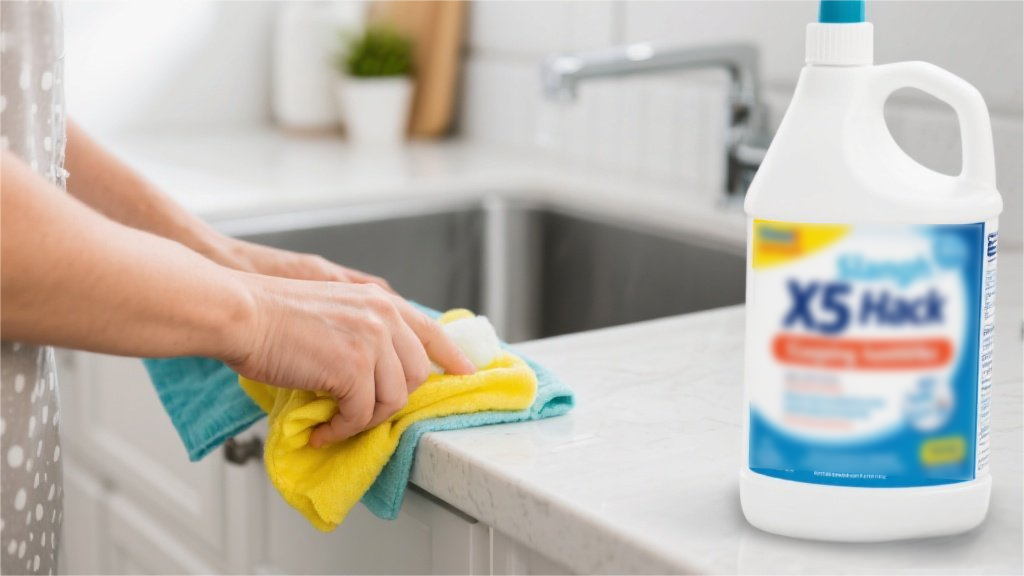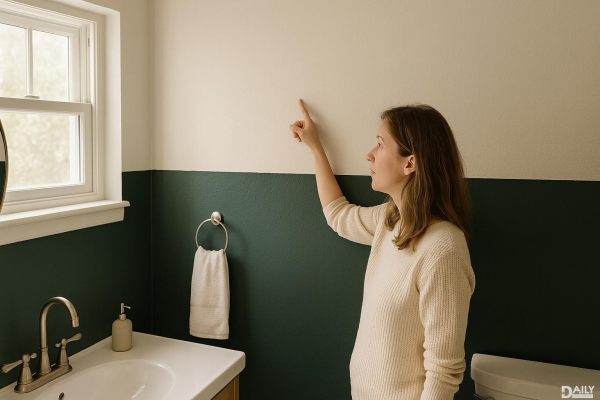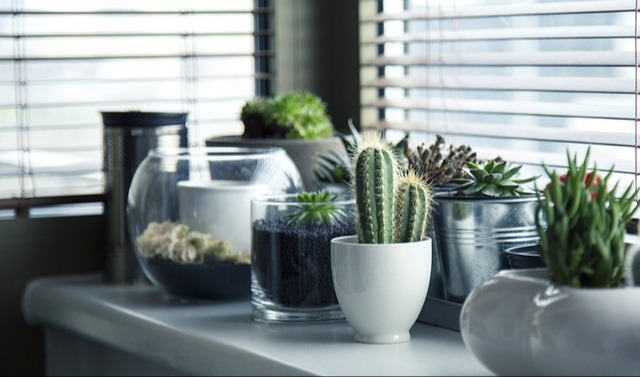Naps can be a lifesaver when you're dragging through the afternoon, but for some folks, waking up from a quick snooze feels like getting hit by a truck. That groggy, disoriented, sometimes even nauseous feeling isn't just bad luck—it's usually your body's way of telling you something's off with your nap game. Whether it's sleep inertia, diet choices, or something more serious, there are real reasons why naps leave you feeling worse than before you closed your eyes.
The Science Behind Post-Nap Grogginess
That awful zombie-like state after a nap has a name: sleep inertia. It happens when you wake up during deep sleep (stage N3), which typically kicks in around 30-60 minutes into your snooze. Your brain doesn't just flip an "on" switch when you open your eyes—it takes time to transition from deep sleep to full alertness. During this transition, your prefrontal cortex (the part responsible for decision-making and self-control) lags behind the rest of your waking brain, leaving you with that signature "why did I even nap?" regret. Research shows this cognitive fog can temporarily drop your reaction times and problem-solving skills to levels comparable to being legally drunk. Not exactly the productivity boost you were hoping for.
Nap Like a Pro: Timing Is Everything
The golden rule for avoiding post-nap misery? Keep it short. The 10-20 minute "power nap" window lets you reap the benefits of light sleep without dipping into deep sleep territory. If you've got more time, aim for a full 90-minute sleep cycle—that's enough time to complete all sleep stages and wake up naturally. The worst length? Anything between 30-60 minutes, which practically guarantees you'll be rudely awakened during deep sleep. Pro tip: drink coffee right before napping (yes, seriously). The caffeine takes about 20 minutes to kick in, perfectly timing with your alarm to give you a double boost of alertness.
When Nausea Joins the Party
Waking up queasy after a nap often traces back to what you ate beforehand. Lying down shortly after eating lets stomach acid creep up your esophagus—especially if you've had spicy foods, alcohol, or greasy meals. This acid reflux can leave you feeling like you've got a bad case of motion sickness. Migraines can also masquerade as post-nap nausea, sometimes without the headache. If adjusting your diet doesn't help, try elevating your head during naps or waiting at least 30 minutes after eating before lying down. Chronic nausea after napping could signal GERD or gastritis, so don't ignore persistent symptoms.
The Vicious Cycle of Nap Dependence
Here's the ironic twist: needing daily naps often means you're not sleeping well at night. Frequent napping can disrupt your circadian rhythm, making it harder to fall asleep when you actually should. This creates a frustrating loop where poor nighttime sleep leads to daytime fatigue, which leads to naps that mess up your next night's sleep. If you're consistently relying on naps to function, it's worth examining your nighttime sleep hygiene—your bedroom temperature, screen time before bed, and caffeine intake could all be sabotaging your rest.
When to Ditch the Nap Altogether
Some people simply aren't wired for napping. If you regularly wake up feeling worse, it might be better to skip naps entirely and focus on other energy boosters instead. Try a brisk walk, cold water splashed on your face, or even just standing up and stretching. For those with insomnia or depression, napping can actually exacerbate symptoms. Listen to your body—if naps consistently leave you feeling awful, they're probably not serving you. Instead, consider adjusting your sleep schedule or talking to a doctor about potential sleep disorders that might be affecting your rest.
While naps can be magical for some, they're not a one-size-fits-all solution. Understanding why your body reacts poorly to daytime sleep is the first step toward fixing the problem—whether that means tweaking your nap length, adjusting your diet, or ditching naps completely. The goal isn't to suffer through groggy afternoons, but to find what actually leaves you feeling refreshed and ready to tackle the rest of your day.
























